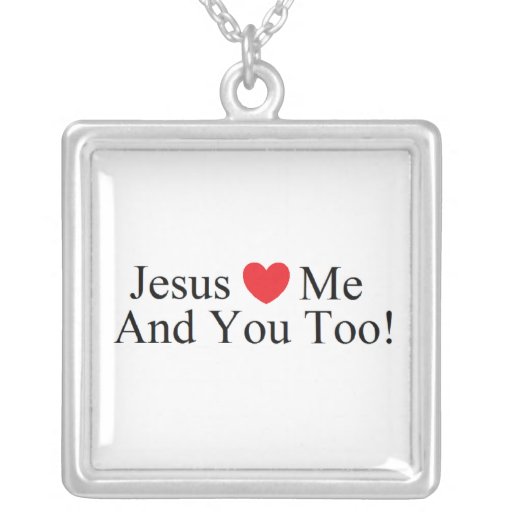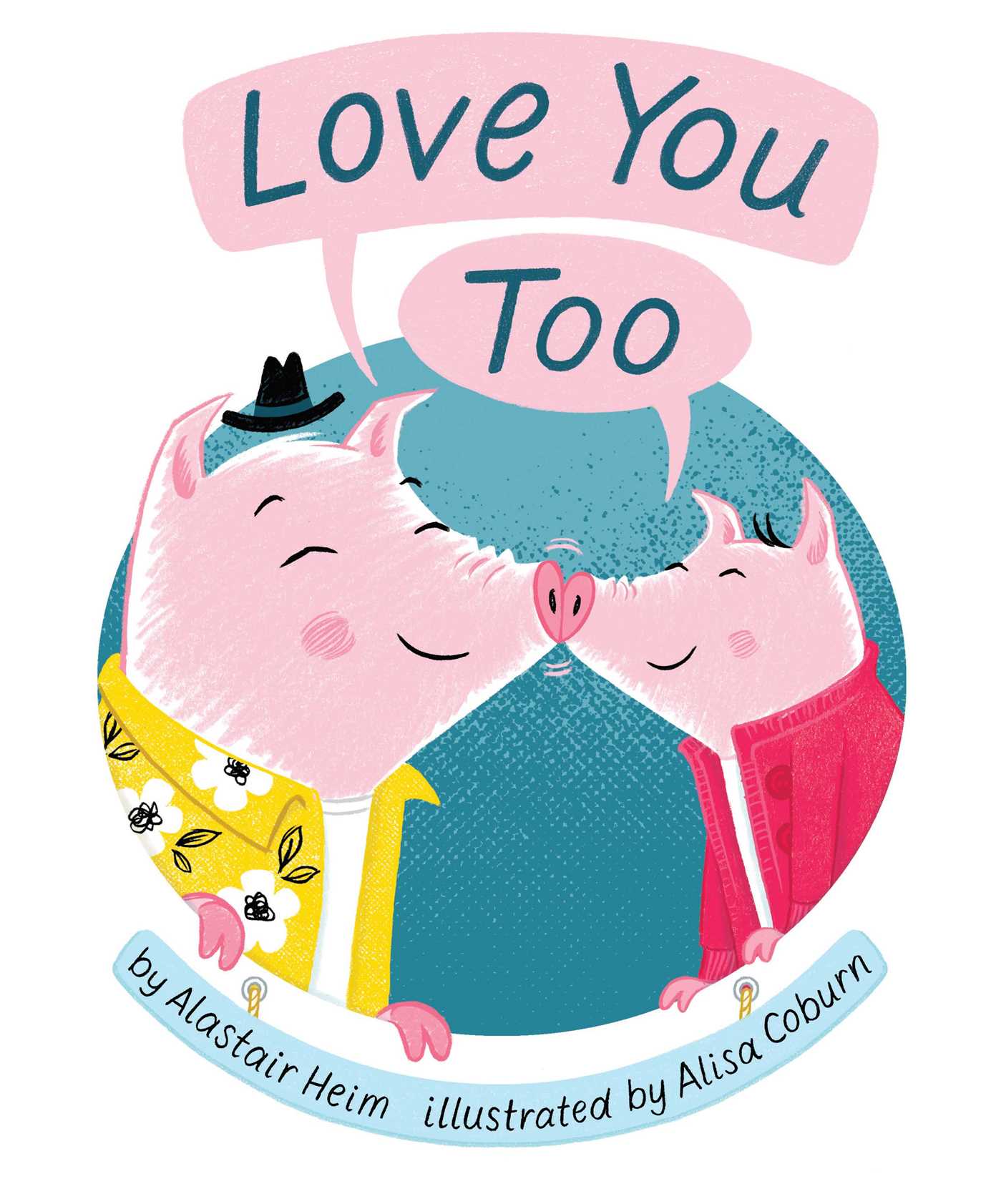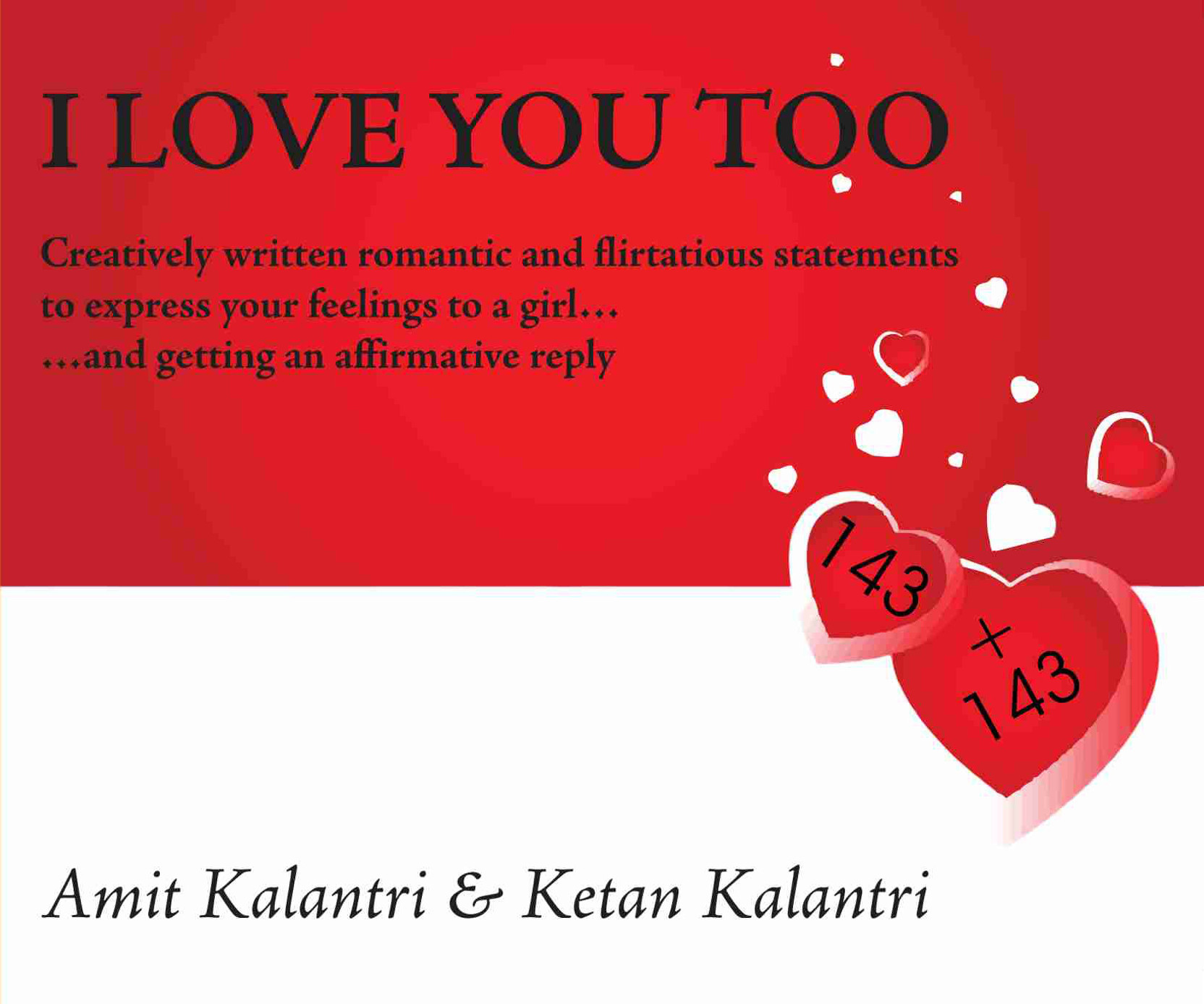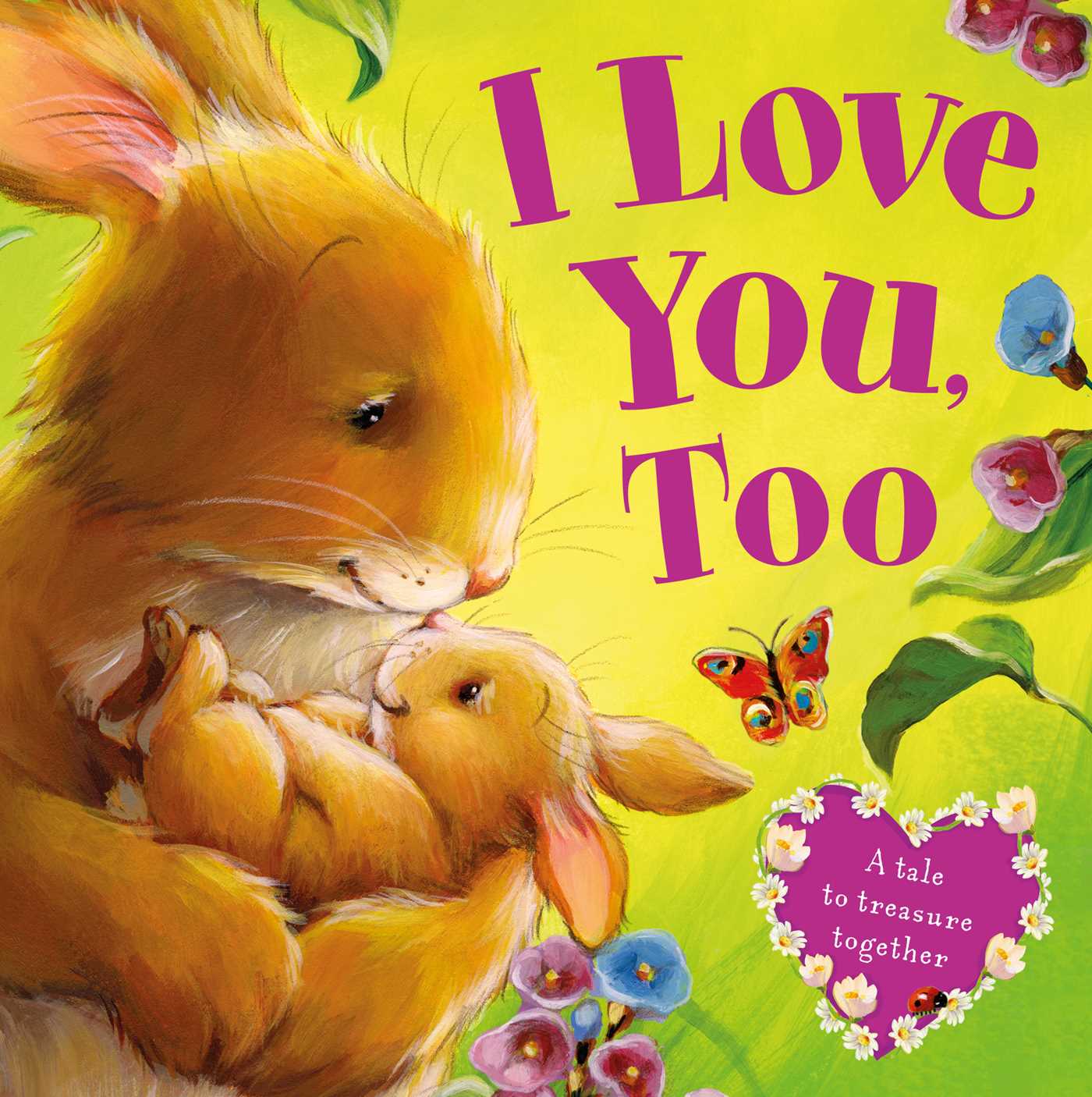
To vs. Too When to Use To or Too with Useful Examples • 7ESL
I tend to think it is, as "too" serves the role of a referential phrase, repeating the verb-phrase of a preceding sentence, and "you" acts simply as a subject pronoun. But, I've heard an argument to the contrary. punctuation commas writing sentence-ends Share Improve this question Follow edited Aug 3, 2019 at 16:44 tchrist ♦ 134k 49 370 588

Jesus Loves Me and You Too! Necklace Zazzle
#1 I sometimes hear people say 'you too', and other times, 'me too'. So how can we distinguish the use of these 2 phrases? For example: I love your new hair. You too. or Nice to meet you. You too. but Glad to see you. Me too. Please correct me if I'm wrong in these cases and please give me an explanation. Thanks all. suzi br Senior Member Cheshire

You Too YouTube
"You too" is a polite way to return a message or sentiment to someone. We use "too" to mean "as well." This applies their original sentence back at them without us having to be direct or say the same thing they said. "Too" can also come after a comma. We can split it into "you, too" if we want to follow standard formal English writing rules.

I Love You Too KEEP CALM AND CARRY ON Image Generator
Para One presents You Too (2014 Club Mix). Grab your copy on iTunes HERE : http://smarturl.it/YouTooParaOneSubscribe to Spinnin' TV HERE : http://bit.ly/SPIN.

Love You Too Book by Alastair Heim, Alisa Coburn Official Publisher Page Simon & Schuster
December 14, 2023 Grammar confusion can lead to common English mistakes and impact the clarity of your written communication. One widespread error involves the usage of homophones like "to" and "too." These similar-sounding words fulfill distinct grammatical roles and should not be interchanged.

You Too? by Gurtler Blog Tour + Giveaway BookishRealm
In English writing, to is a preposition that expresses motion in the direction of . Too is an adverb meaning to a higher degree than is desirable, possible, or permissible. It also has another meaning in excess, in addition, or also. Two is a number that comes after one.

Intelliblog MOVIE MONDAY I LOVE YOU TOO
"See you tomorrow!" "You, too!" [=See you tomorrow, too!] When you, too is followed by a question mark, however, it is used to ask the listener if they have had the same experience as the speaker: "When I picked up the phone, the caller just hung up on me!" "That happened to me last night!" "Really? You, too?" [=That also happened to you?]

I Love You Too Buy I Love You Too by kalantri, amitauthor;kalantri, ketanauthor;author
You too or Me too. We usually use "me too" to show that we have also performed the same task. We use "you too" to place more emphasis on the fact that something happened to the other person. Author. Recent Posts. Conor. Conor is the main writer here at One Minute English and was an English teacher for 10 years.

What's Answer of "Nice to Meet You"? Should We Say “You too” or “Me too”? YouTube
How to use "too" correctly. "Too" is most commonly used to express excess, but you can also use it to emphasize a point or confirm the accuracy of a statement. For example, "That was too good.". To sound natural in conversations, compare "too" with words like "also" or "as well" and choose the one that is most.

Thank you ) Same to you too
The two words mean entirely different meanings. "To" is a preposition and part of an infinitive verb in American English. Sentence examples. "Two" as a word also sounds very similar to the words "to" and "too." Those are called pronunciation homophones. And can get confused when going through the American English language learning process.

Thanks, to you too Poster Anele Keep CalmoMatic
The words "to," "too," and "two" are homophones: they sound alike but have different meanings. The preposition "to" refers to a place, direction, or position. The particle "to" is used before the verb in a to-infinitive. The adverb "too" means also, very, extremely, or additionally. "Two" refers to the number 2.

To vs. Too When to Use To or Too with Useful Examples Efortless English
Method 1 Using Too and To Correctly Download Article 1 Focus on "too" first. "Too" is used less frequently than "to," so if you know what "too" means, then you can use it just for those specific meanings. You can feel confident that when "too" is not appropriate, "to" is the right choice. [1]

You Too Stephen Michael King
Another clear red flag that you may be carrying too much debt, according to McBride, is if your total payments for non-mortgage debt exceed 15 percent of your monthly gross income. Assuming a.

I Love You, Too Book by IglooBooks Official Publisher Page Simon & Schuster
Too means "also" ( I'm going, too) or "to an excessive degree" ( too much ). Two is the number 2. The words are used in very different ways: to is most commonly used as a preposition, while too is an adverb. Two is a number that can be used as a noun ( I have two) or an adjective ( two wheels ). How much do you know about homophones?

YYOU TOO (YIAY 286) YouTube
Updated on January 14, 2021 Grammar You've likely read sentences in which there was a comma before and/or after the adverb too when it is used to mean "besides" or "also," but is this correct usage?

How to Use 'Too' and 'Enough' in English ESL Buzz
Too is an adverb that can mean "excessively" or "also." Just to be clear: Two is also pronounced the same as to and too, but because it refers to a number, it's not as easy to confuse for one of the other words. In the hierarchy of things that drive grammar sticklers mad, to and too are near the top.